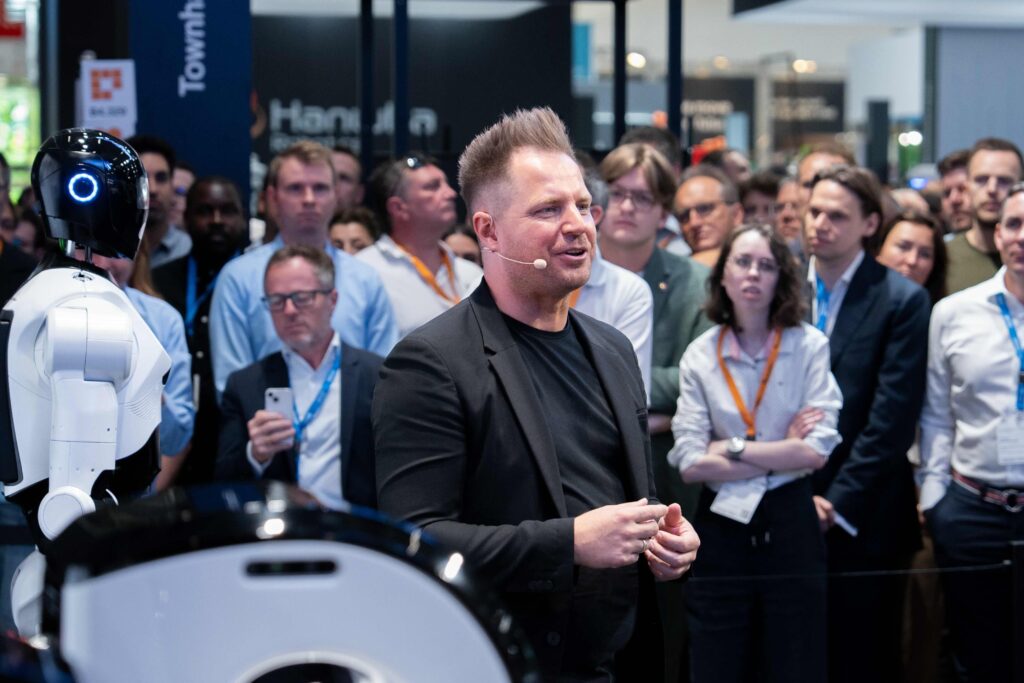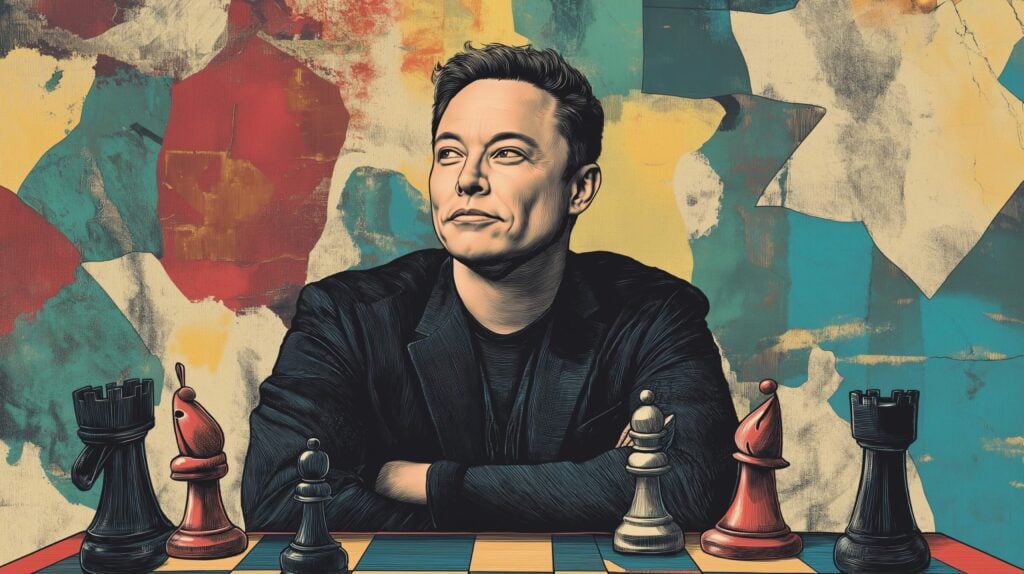We live in times when friends and partners become enemies virtually overnight. Especially in the East. Of course, I’m talking about Russia. But this is also becoming apparent in our relations with China. Both countries to which we owe a great deal, despite our many differences. That’s why this gives me a headache.
I think it is difficult to classify long-standing economic relations, on which our prosperity is largely based, as if we had negligently become dependent on them. At the time, we took advantage of opportunities to improve our position in international competition.
Yes! Germany is dependent! On all sorts of things. We have no oil of our own, no rare earths, hardly any gas. Our hard coal is so deep underground that it is uneconomical to mine it. Yes, we are dependent. Today, we are becoming dependent on the USA and its fracking gas, the extraction of which we consider to be so harmful to the environment that we are banning it in our country. This is morally rather questionable and politically simply another dependency we are entering into.
No one can know today whether this decision will also turn out to be a mistake at some point. What, for example, if Donald Trump wins the next U.S. elections and it’s “America first” again? What will we do then in Germany – without natural resources, without any military relevance in the world – when we have fallen out with the Russians and the Chinese?
Germany gained global importance because our technologies were world leaders and we were highly capable as an industrial nation. China, in particular, was initially a gigantic labor market that helped us produce ever more cheaply. And then the low-wage country itself became a high-tech nation – and the second most important sales market for German products. Essential for the survival of many companies in Europe. Countless jobs in Germany depend on it.
There is a reason why economic ties with China are so intensive – even though we have always had very different political views of the world.
Against this background, it has always been questionable to do business with China. But it has also fostered dialogue and mutual understanding and produced many friendships on a human level.
Why should I suddenly regret bringing Chinese partners on board today? Of course, as an entrepreneur, you have to think about who you are doing business with and the moral or political environment in which your partners operate. But that doesn’t just apply to China. I can think of a number of countries where human rights are trampled underfoot, and trade relations continue unabated.
Of course, I was skeptical myself at the time as to whether Han’s Technology Group was the right backer for us. And the tensions between our cultures are an issue between us. But what we are doing in this dilemma is that we are openly communicating our ideas for working together. What absolutely reassures me is that I’ve known Han’s for a long time, as well as the founder. He’s a friend who just recently stayed at my house for a few weeks. Our ideas are in a similar direction. Never before has our Chinese partner dictated what we should do. A stranglehold feels different.
And let’s be honest: Should a start-up now send its Chinese investor packing, even though his willingness to take risks made our founding and many innovations possible in the first place? We were running our necks off trying to find a suitable investor here in Germany. But there were many reservations, especially among German companies. And in the end, we would always have had to fit into existing corporate structures. But that simply didn’t fit. That’s not the way to create anything groundbreaking. Here in Europe, we will oversleep the entire field of robotics and other future technologies if we do not finally take the initiative! And we need these technologies in order not to be meaningless and dependent one day.
What was also clear to me was that the Chinese are immensely open to new technologies, even if they are not (yet) perfect down to the last detail. They are incredibly enthusiastic when it comes to robotics. This is a huge opportunity for us to become economically successful in a very short time. For example, Neura has developed a device for breast cancer screening for the Chinese market. Perhaps this device will also advance the early detection of cancer in Germany at some point. We have to think in this direction. Or we could cut ourselves off from everyone who doesn’t think like us. That would at least be consistent. But then there would be no relations with Syria or Qatar. Otherwise, we would be showing ourselves to be opportunists who turn like flags in the wind. That harbors the risk of being left without a partner at some point. I say partner because not every partner necessarily has to be a “friend. You just have to be able to rely on each other. And if we look at the whole thing politically, I come to the conclusion: If we radically close more and more gates now, it will hurt everyone in the end. The others and ourselves. I think it’s much better that we try to talk to everyone and find a way with everyone. Overcoming fears instead of closing gates – that’s how I approach it. And of course we make contracts to protect our know-how.
Neura Robotics GmbH was and is a German company, even if Chinese shareholders currently hold a majority stake. But this shareholder composition will change a lot. We are currently in the middle of another investment round and are working on our dream constellation. This much I can reveal: We want the majority of Neura to be in German or European hands again, but we want to remain a global company that cooperates with all sides and shares know-how. Because at the end of the day, it’s about future technologies for all mankind, everywhere on the globe. Regardless of the political or religious systems into which they were born.






